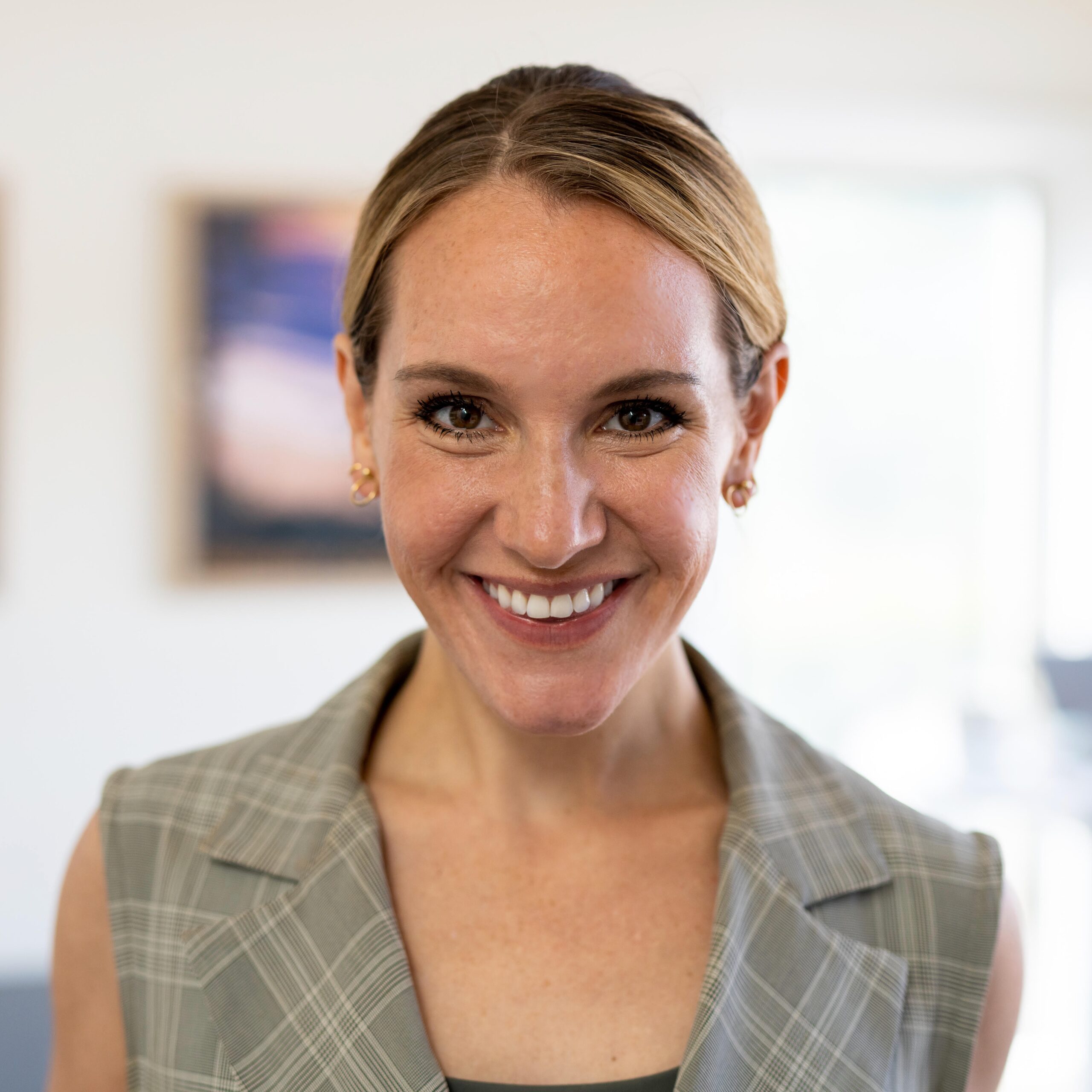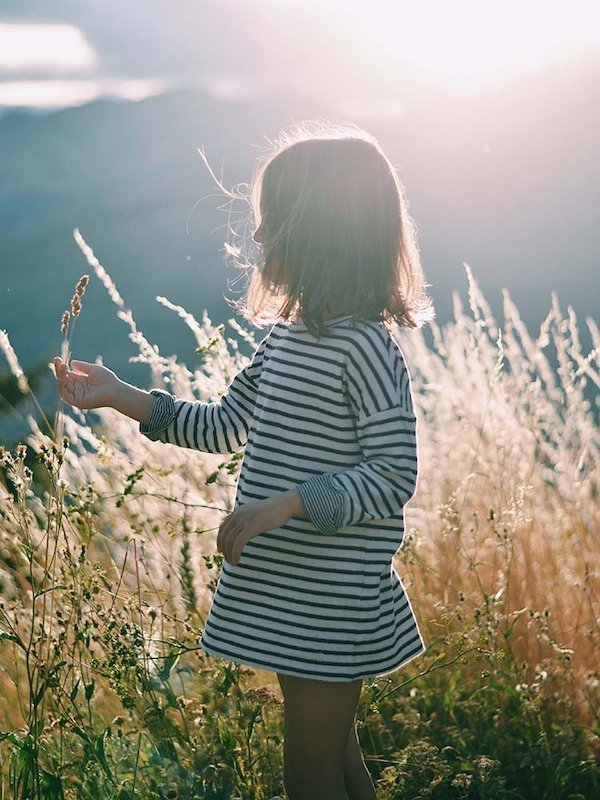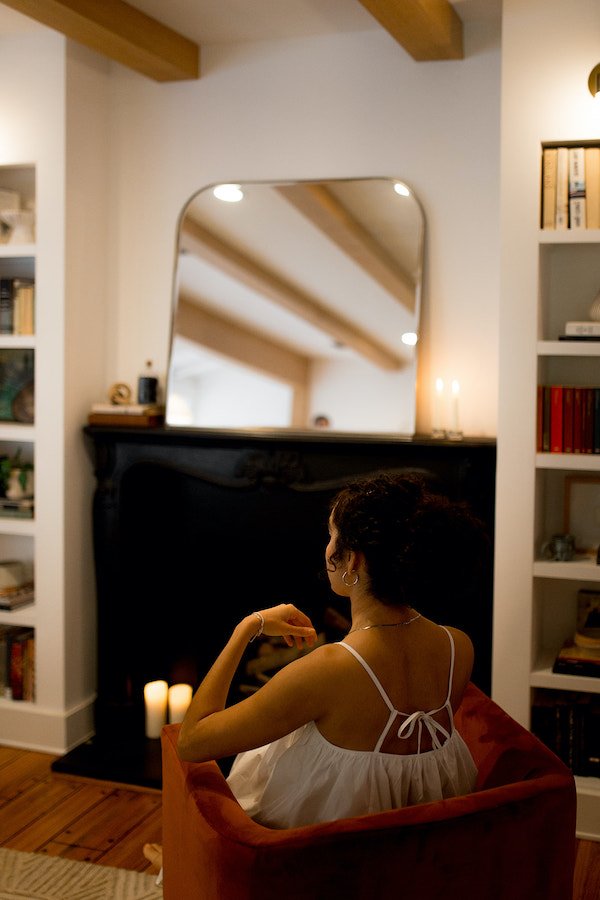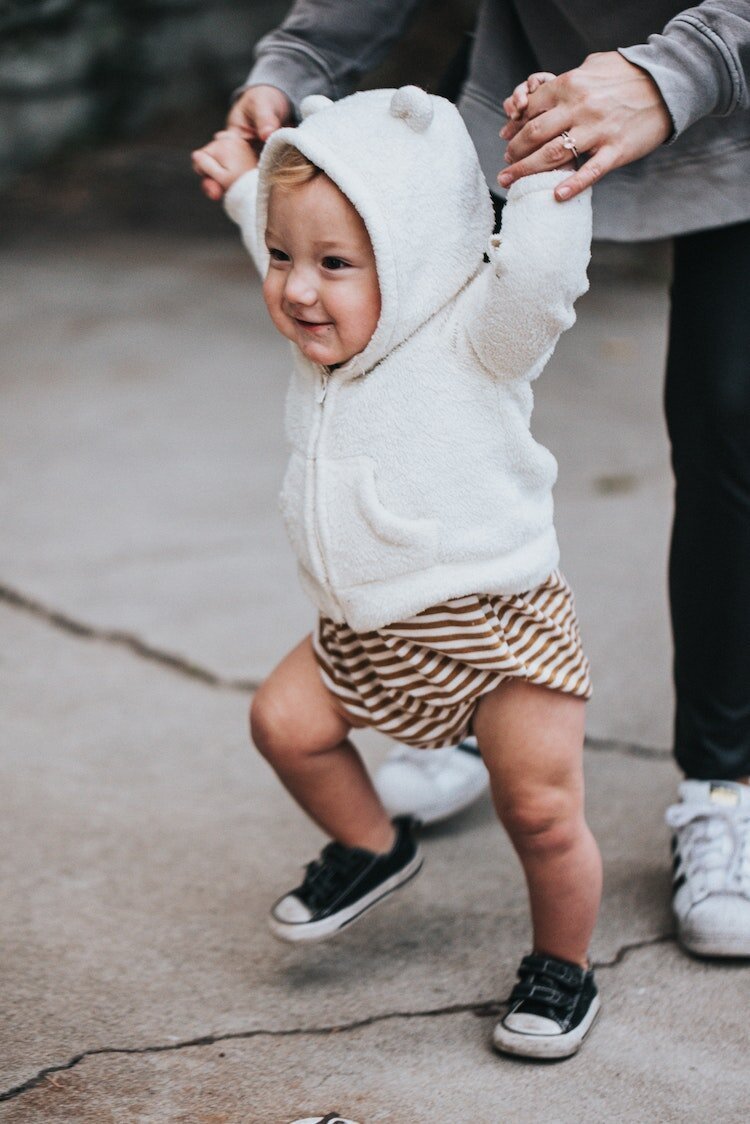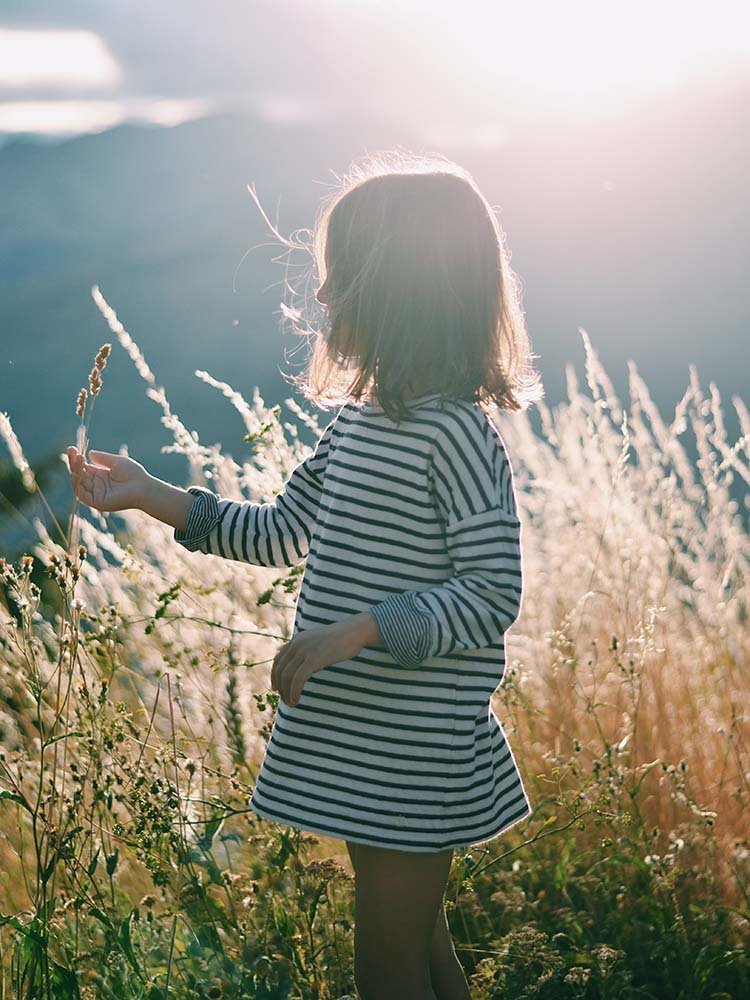
My Daughter’s American Childhood Is Unfamiliar To Me—Here’s How I Navigate It
Parenting In A Third Culture
I was savoring the sight of my toddler’s bright eyes taking in the city lights when a wave of sadness hit me. Her gaze was fixed on cars crossing one of the many bridges connecting the two halves of Portland, Oregon. The faint blue glow of televisions illuminated nearly every apartment window along the river as the winter sun disappeared behind the treeline.
Though not bothered by what she was seeing—our city does have a certain magic to it—I was deeply saddened by what she was not seeing. I thought about myself at her age, discovering the world along dirt roads in rural Mexico. While originally from Oregon, my family lived in Northern Baja for 15 years, running an orphanage for kids with special needs. My parents spent their days working and homeschooling us, and my siblings and I enjoyed a free reign of 25 acres.
“I am scared that the memory map of my childhood won’t be able to guide her, since it’s from a different world.”
We spent long afternoons constructing forts from scrap materials, caring for a small farm’s worth of animals, and trying out various hobbies. Revisiting my earliest memories of sun-soaked skin, the distant beat of ranchera music late at night, and catching lizards in the desert hills suddenly made me resent the very different world that my daughter was born into.
I recently found myself asking a friend who grew up here, “Was being a kid in Oregon fun? Did you feel like there were exciting adventures to have here or was it boring?” She fondly described her childhood and assured me that my daughter wouldn’t miss out on anything.
I smiled and nodded but wasn’t convinced.
The idea of being a kid in urban or suburban America was never “real” to me. I knew what it looked like from movies and our trips across the border to visit relatives, but it wasn’t real in the way that home was. The paved neighborhoods, the quiet family dinners, the school bells all felt a bit fictional as my youth unfolded along dirt roads, eating communal meals, and finishing homeschool lessons in the sunshine before darting off to swim or walk to the tiny village store for a bag of chips.
When I reflect on the differences between my daughter’s childhood and my own, I realize that my feelings aren’t just sentimental. I’m also scared. I am scared that the memory map of my childhood won’t be able to guide her, since it’s from a different world.
My mother must have felt this way too. She had never been on an airplane when my parents moved from Oregon to the South Pacific with my older siblings. By the time I was born, they were running the orphanage in Mexico. My mom had never planned to live internationally, homeschool, or raise her kids in such a unique environment, but she did it beautifully.
“The reality is, none of us can recreate our childhoods for our children, even if we want to.”
She made home wherever we were and, only recently have I begun to understand just how courageous she had to be. What was normal for me—her daughter—was unknown to her. And this gives me courage that I can do it too, whether we stay here or end up somewhere else with our daughter.
I recently heard someone say, “Nostalgia is just memory minus anxiety.” It’s easy to romanticize the past when we’ve had positive childhoods, especially when we can look back with fondness knowing that everything turned out okay. It’s much scarier to make memories with our children in the unfamiliar present and wonder if we’re doing it right.
The reality is, none of us can recreate our childhoods for our children, even if we want to. Even those parenting in the same city that they were raised in will find the passage of time has made everything different. But, for some of us, the chasm between our memories and our current reality is much larger. Those of us who grew up in a different culture may find ourselves carrying feelings of homesickness as we create a home for the next generation.
In processing my parental homesickness, I’ve found it helpful to look a bit deeper into memories to identify what I’m really craving and evaluate how it might be found here too:
Though I can’t transport the hot Baja sunshine that illuminates my memories to Oregon, I’ve realized that my soul craves time spent outside with my daughter, getting our hands dirty, exploring and using our imaginations. It might be cloudier in Oregon, but I can give my daughter plentiful experiences in nature. My husband and I spend countless hours with her along the riverbank near our home. I smile when I think that being by a river might give her the same comforting feeling someday that being in the desert gives me.
Though I can’t transform our semi-individualistic city into the friendly and communal culture that I so cherished, I’ve identified that I long for connection, hospitality, and socialization with a wide variety of people. It might take more planning here, but I can make an effort to open our home and regularly share meals with others. I can make sure my daughter participates in being hospitable to our neighbors, both literally and metaphorically. This way of thinking shifts any negative nostalgia into intentional action for the life we live now.
“Embracing my past allows me to embrace the present with my daughter, even though it’s different.”
While working to embrace the present instead of pining for the past, I’ve also recognized ways that I want to preserve the past.
I recently began writing down childhood memories in short story format and am enlisting the help of my siblings to add details of their own. I hope that our words, along with photos and illustrated maps, will be a gift that our children can enjoy as they imagine their parents when they were little. Additionally, this project is helping me honor the childhood memories for what they are: memories, not a map.
They say the grass is always greener on the other side. Perhaps, once we’ve experienced a few different fields, we find the grass is greenest in our memories where anxiety has no hold. Embracing my past allows me to embrace the present with my daughter, even though it’s different.
My grass happens to be greenest in the desert; my daughter’s will be greenest by the river. And someday when she’s grown, if she moves far away and ever wonders how she’s supposed to raise children somewhere other than a city on a river, I’ll know exactly how she feels.
Ellie Hughes (she/her) spent several years as a sustainable fashion blogger and now works as a freelance writer, marketing consultant, and creative producer alongside her husband. They live in Portland with their daughter (Ro) and corgi (Pip).
